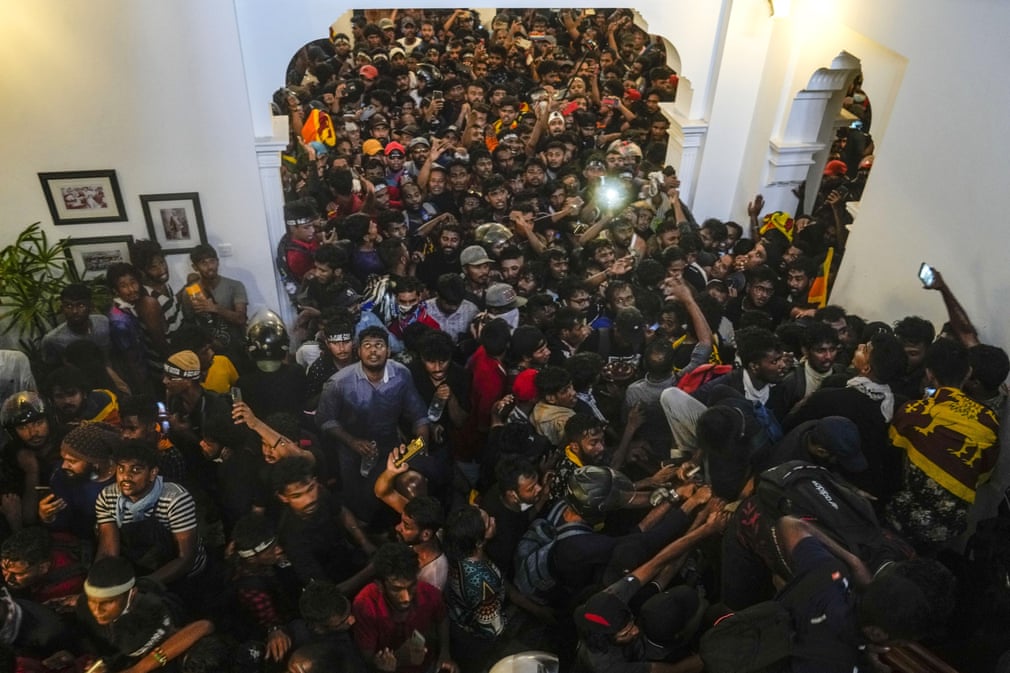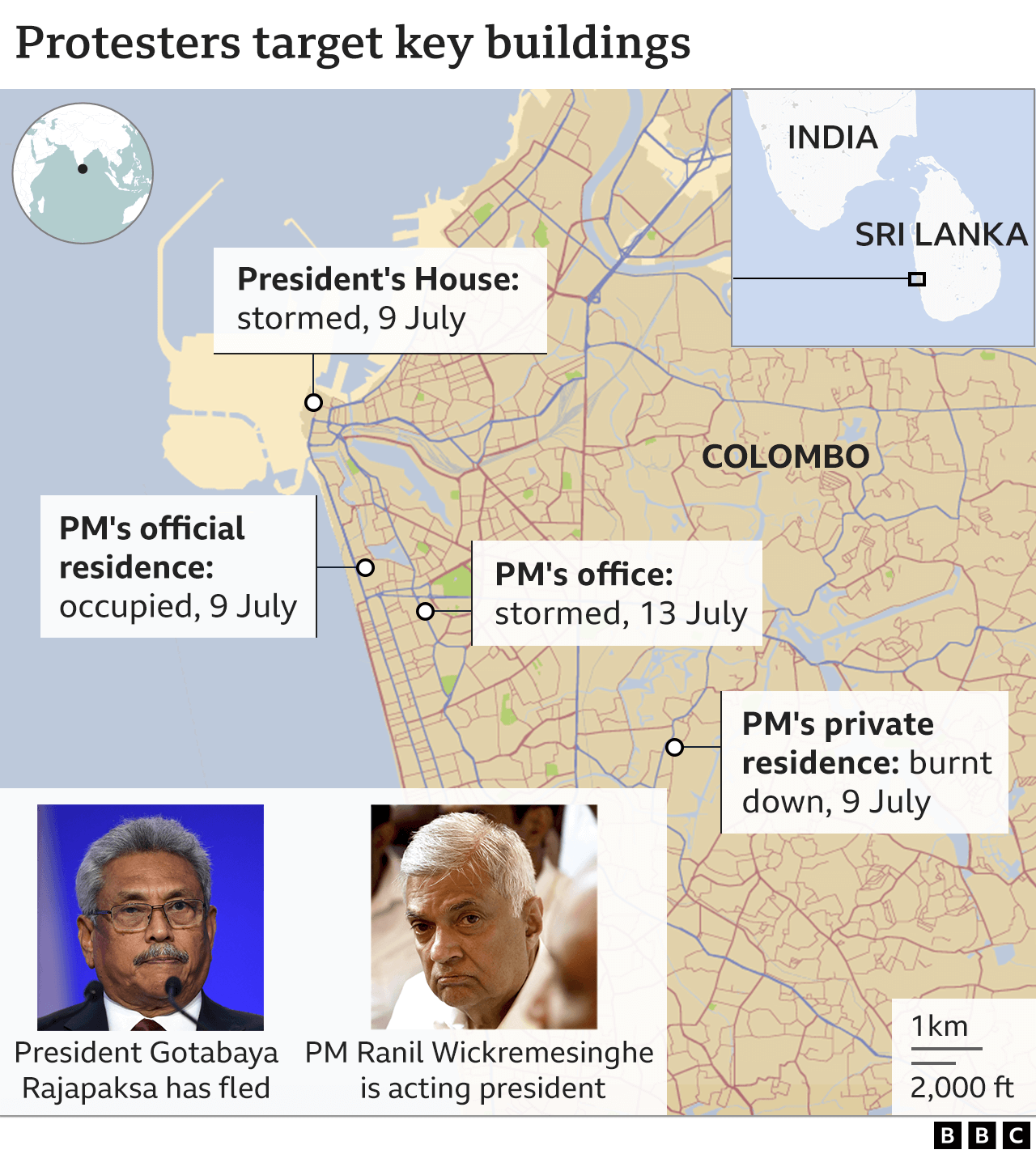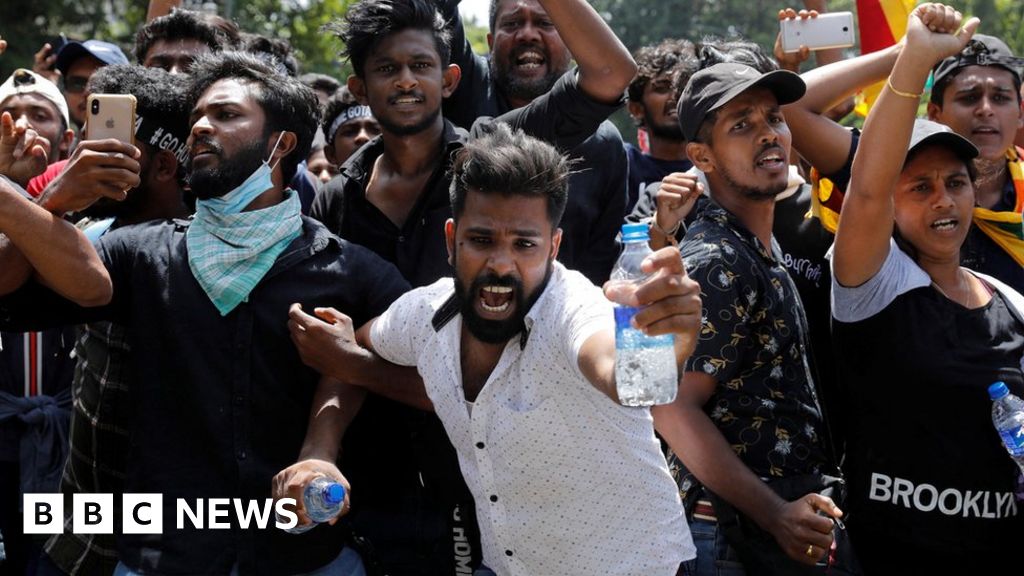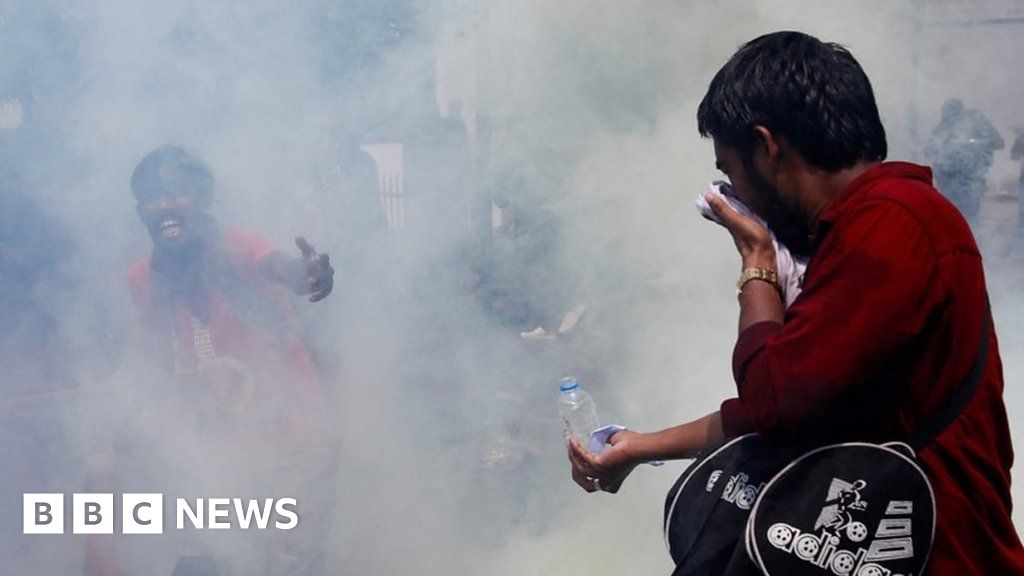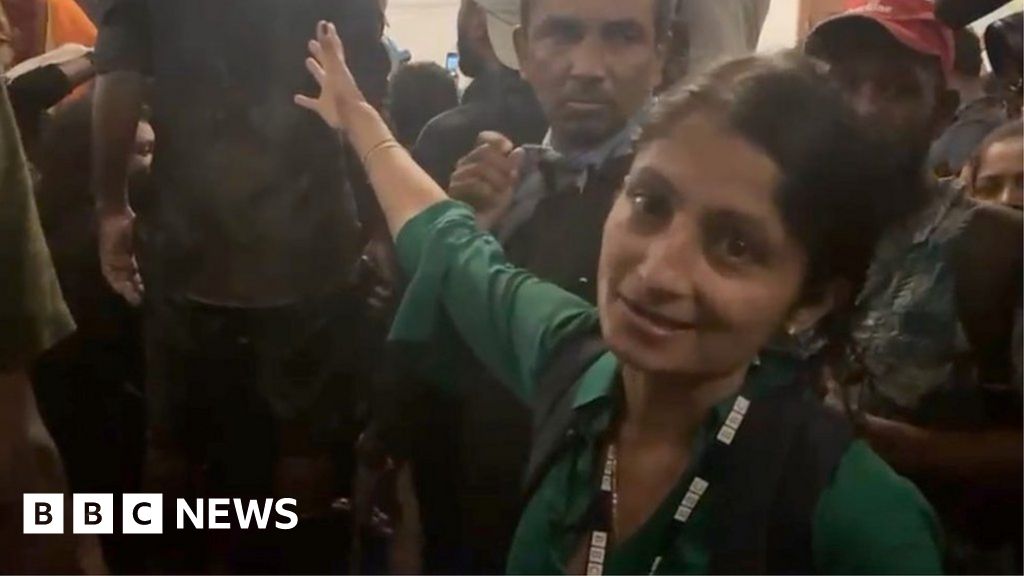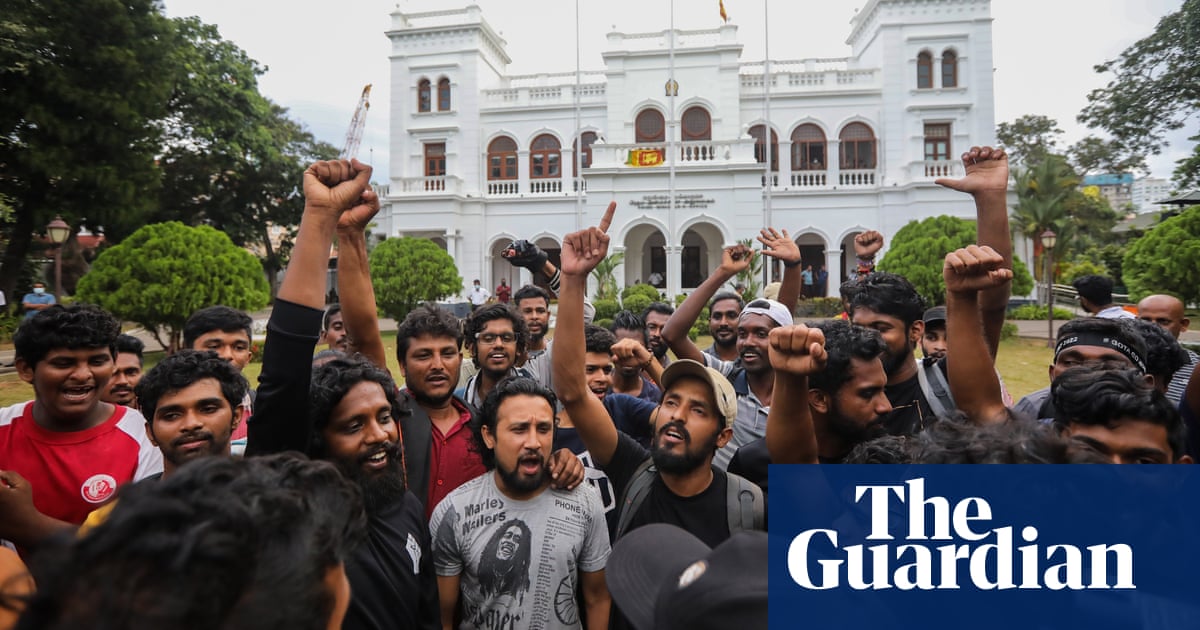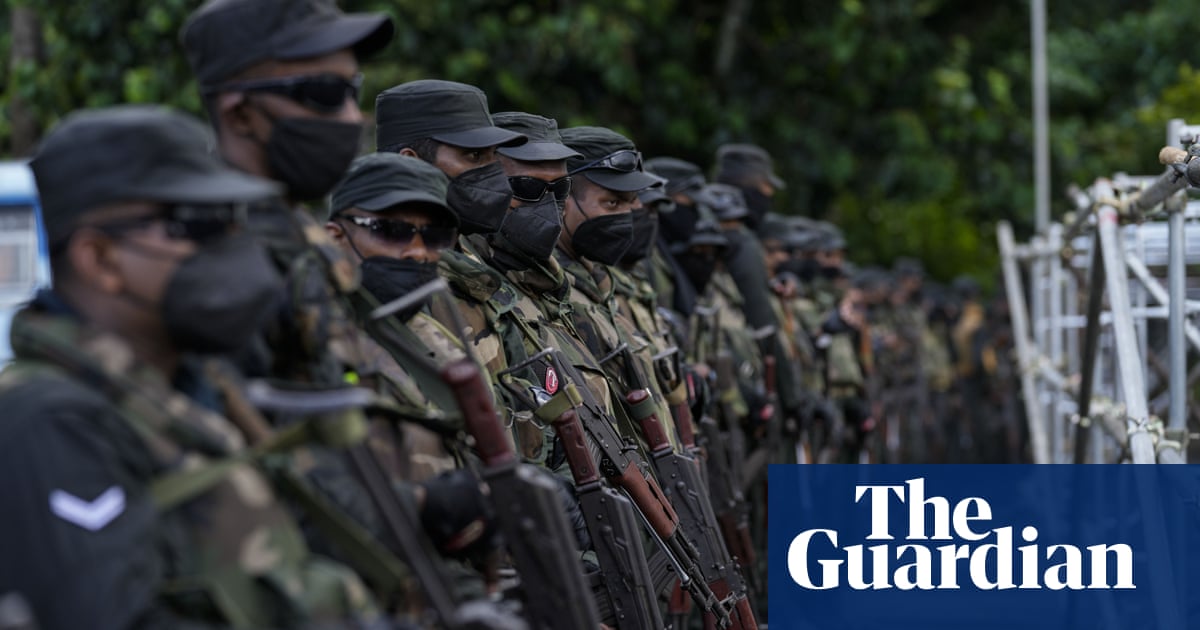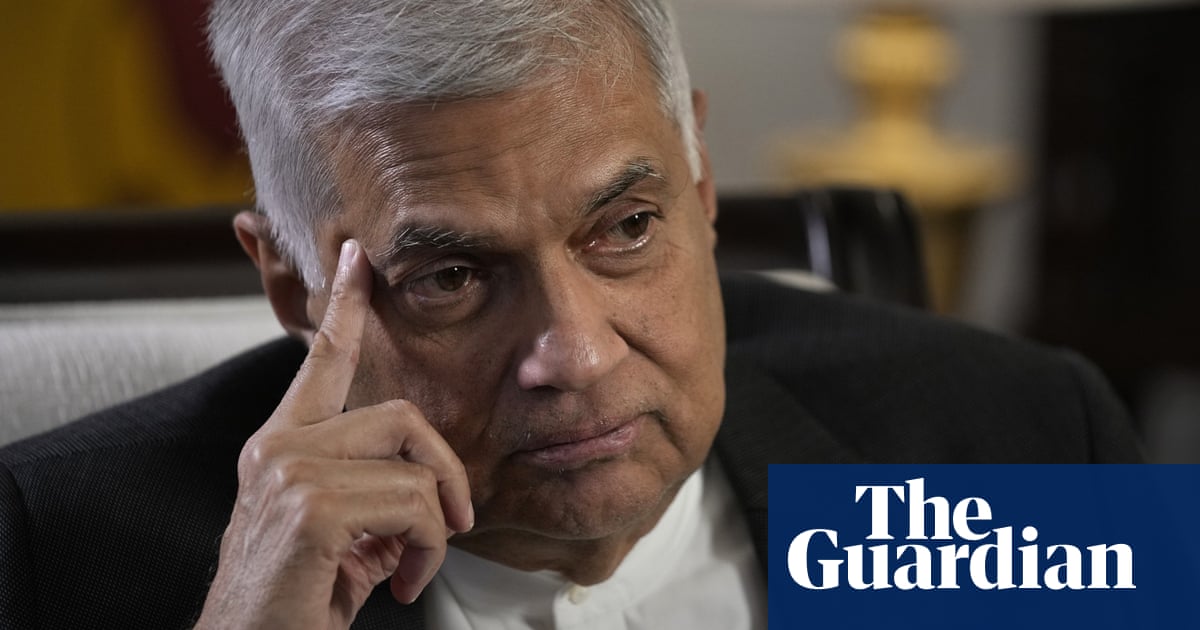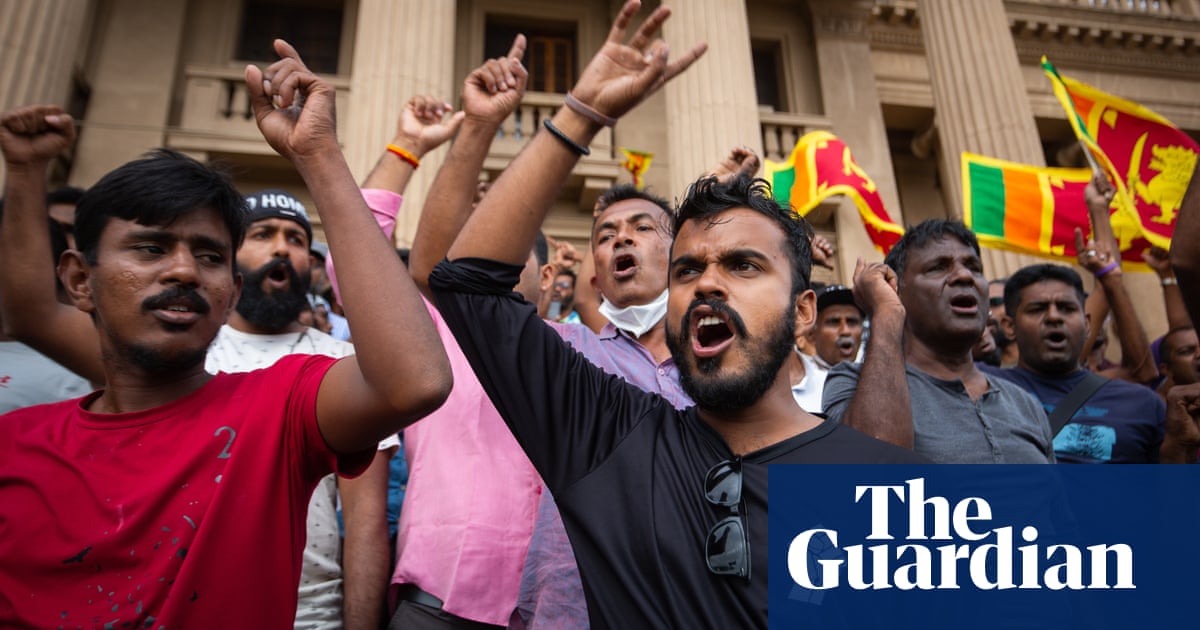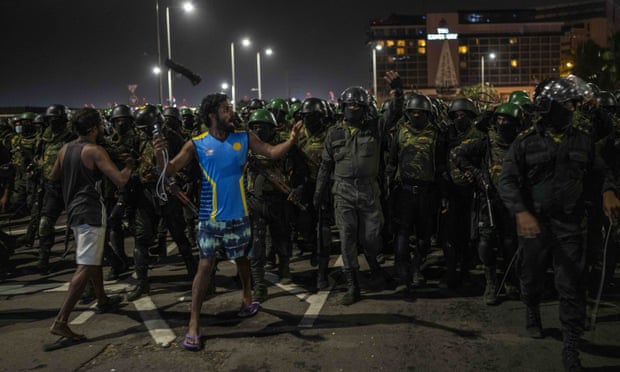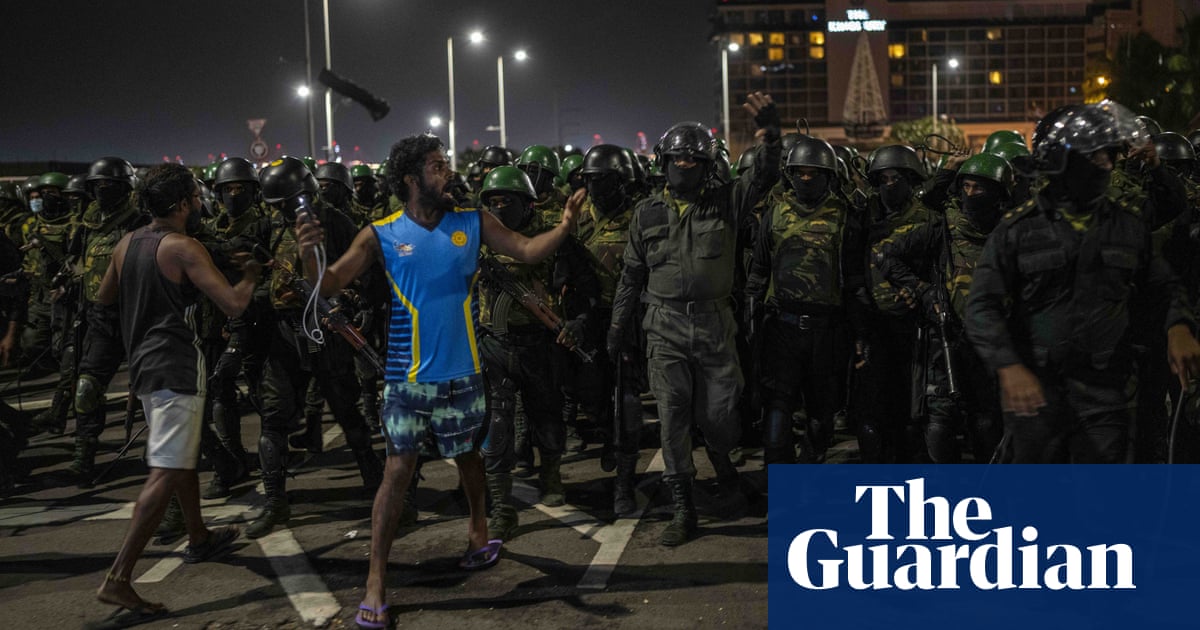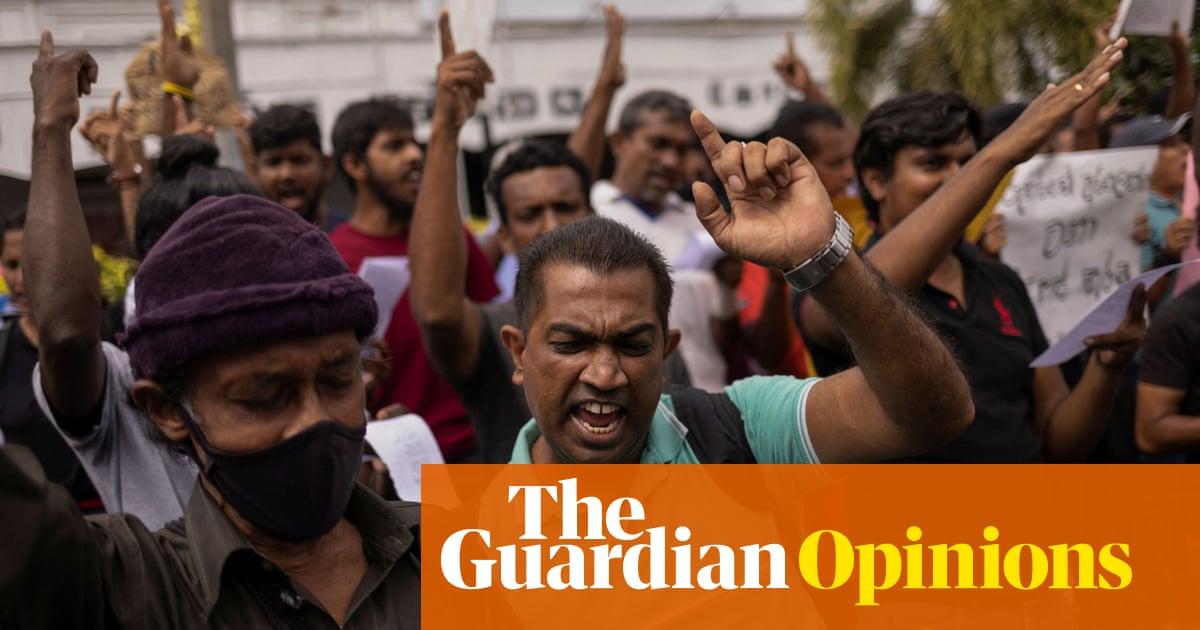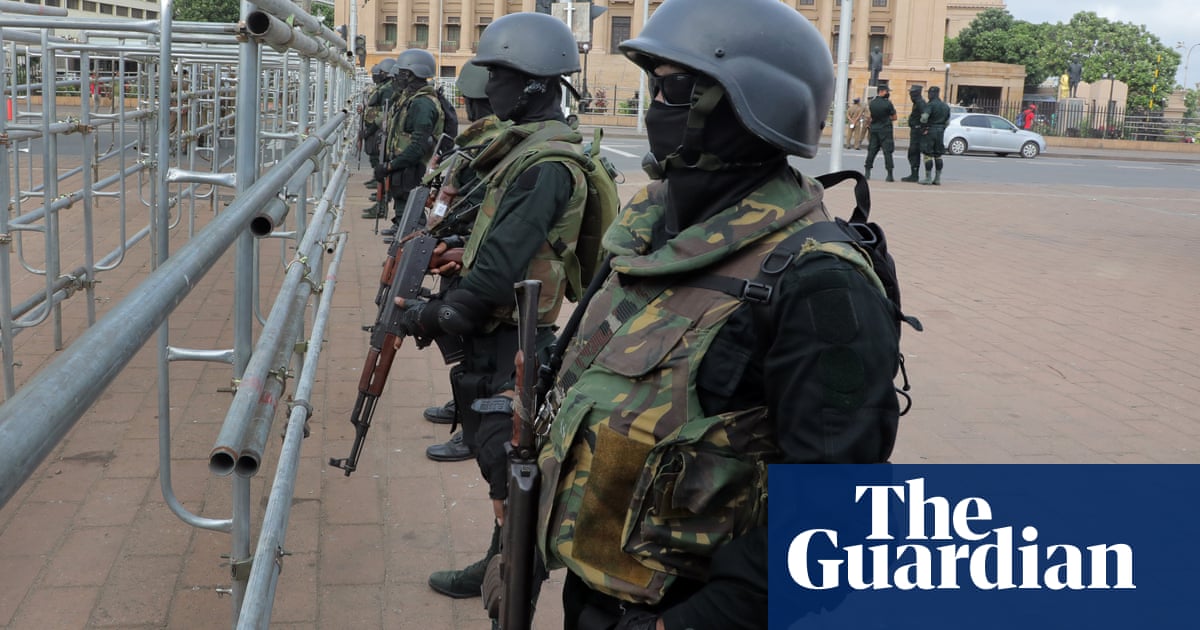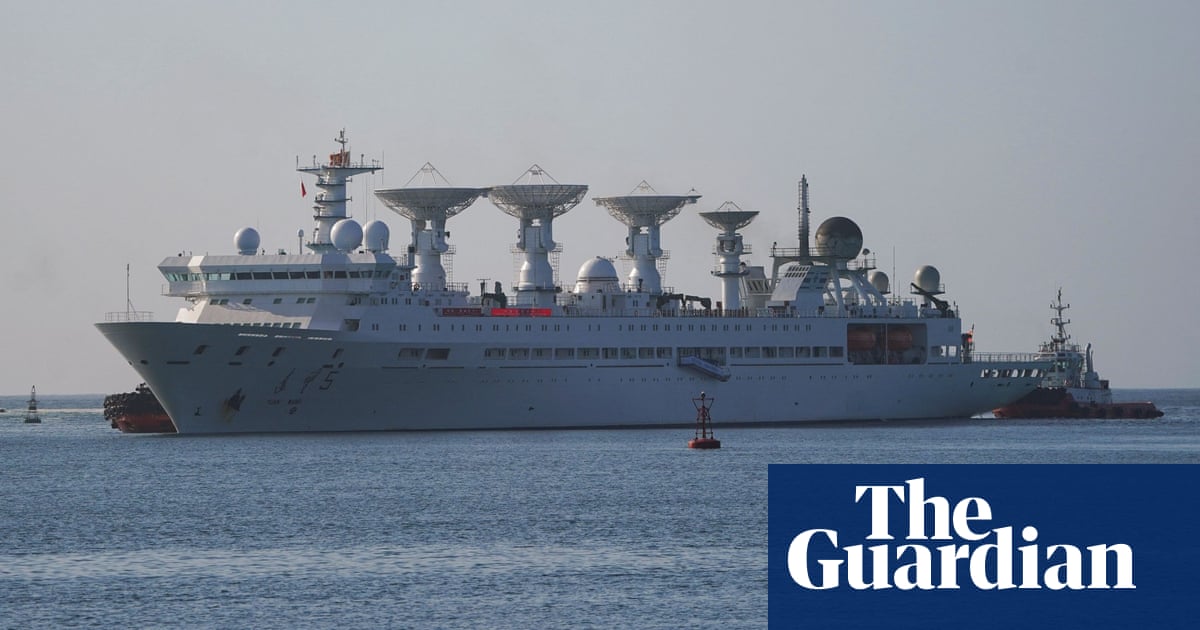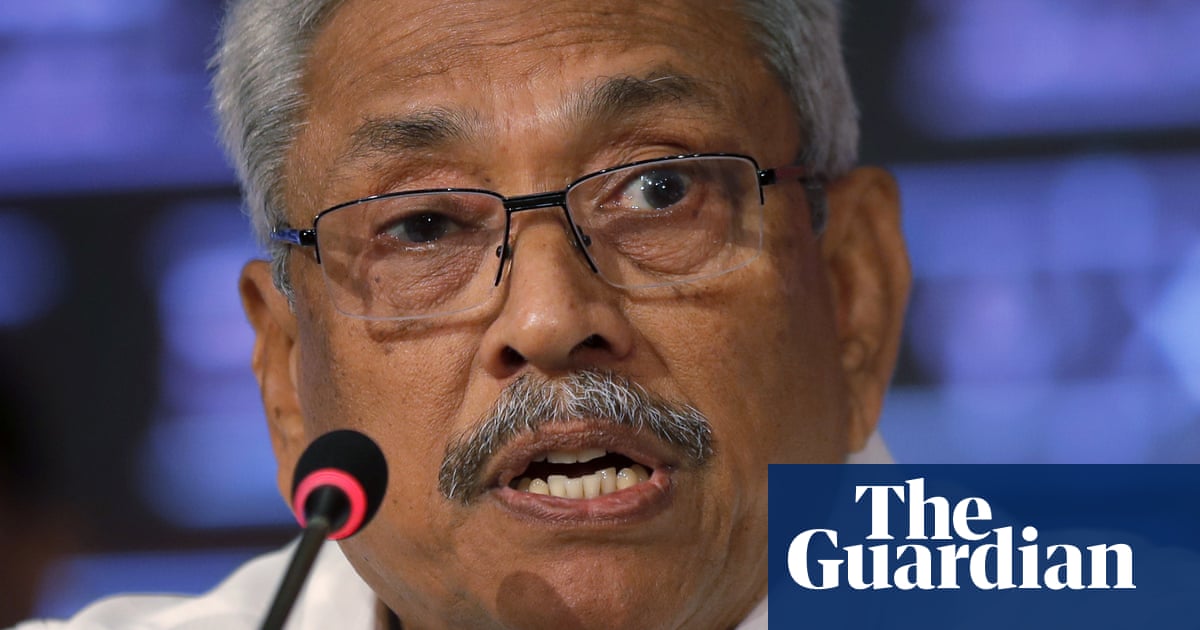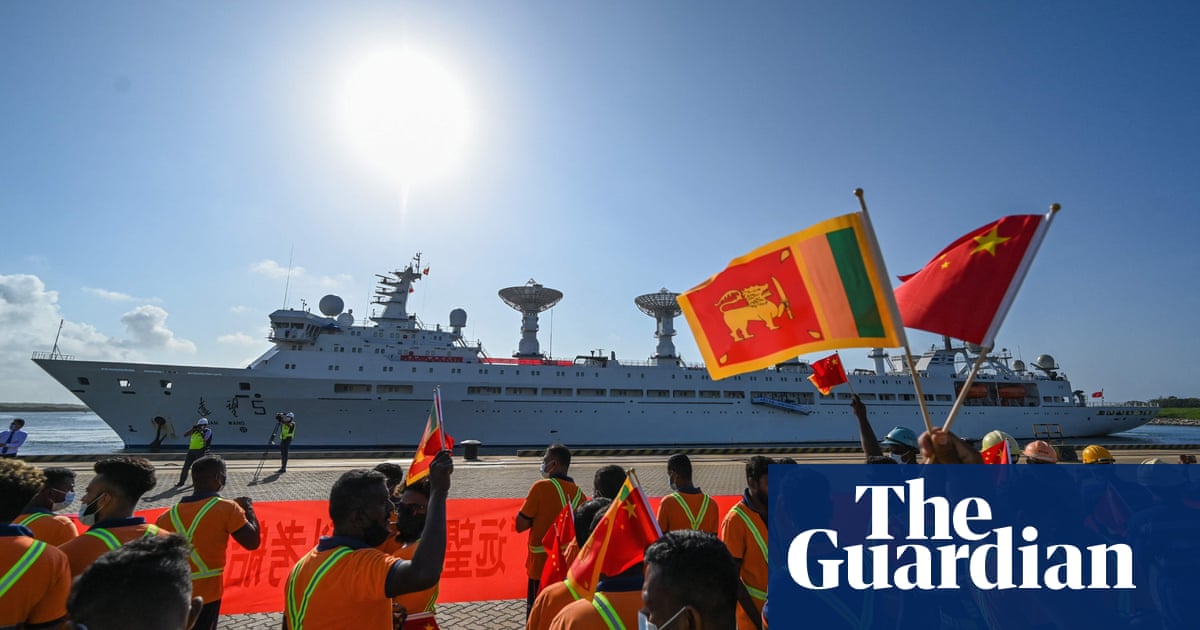The half-hearted attempts at debt relief, such as the
moratorium on debt servicing in the first part of the pandemic, only postponed the problem. There has been no meaningful debt restructuring at all. The IMF bewails the situation and does almost nothing, and both it and World Bank
add to the problem through their own rigid insistence on repayments and the appalling
system of surcharges imposed by the IMF. The G7 and “international community” have been missing in action, which is deeply irresponsible given the scale of the problem and their role in creating it.
The sad truth is that “investor sentiment” moves against poorer economies regardless of the real economic conditions in specific countries. Private credit rating agencies amplify the problem. This means that contagion is all too likely, and it will affect not just economies that are already experiencing difficulties, but a much wider range of LMICs that will face real difficulties in servicing their debts. Lebanon, Suriname and Zambia are already in formal default; Belarus is on the brink; and Egypt, Ghana and Tunisia are in severe debt distress.
Many countries with lower per-capita income and significant absolute poverty are facing stagflation. Billions of people are increasingly unable to afford a basic nutritious diet, and cannot meet basic health expenses. Material insecurity and social tensions are inevitable.
The situation can still be resolved, but it requires urgent action, especially on the part of the IFIs and G7. Speedy and systematic debt resolution actions to bring in private creditors and other creditors, such as China, are needed, as is IFIs doing their own bit to provide debt relief and ending punitive measures such as surcharges. In addition, policies to limit speculation in commodity markets and profiteering by big food and fuel companies must be put in place. Finally, the recycling of special drawing rights (SDRs) –
essentially “IMF coupons” – by countries that will not use them to countries that desperately need them is vital, as is another release of SDRs equating to about $650bn to provide immediate relief.
Without these minimal measures, the post-Covid, post-Ukraine global economy is likely to be engulfed in a dystopia of debt defaults, increasing poverty and sociopolitical instability.

